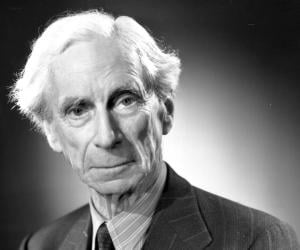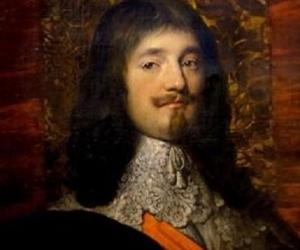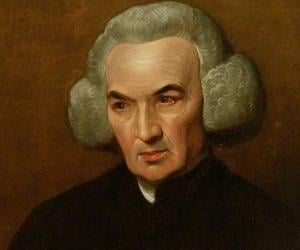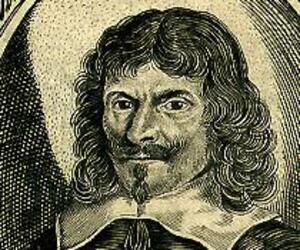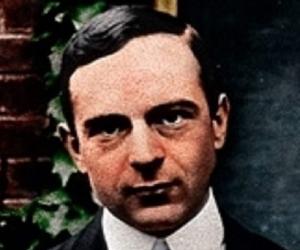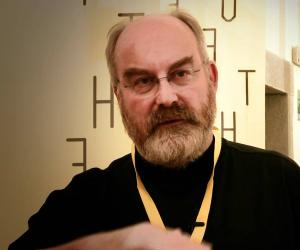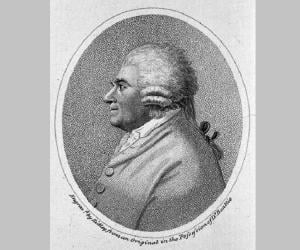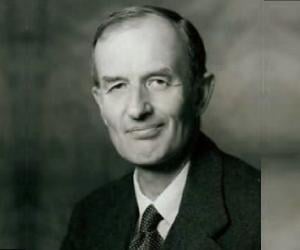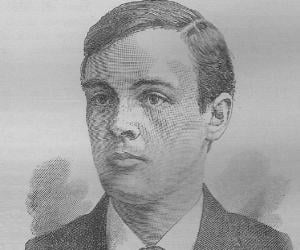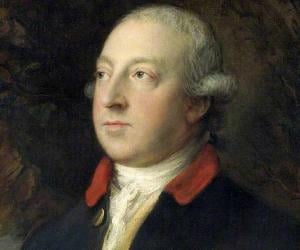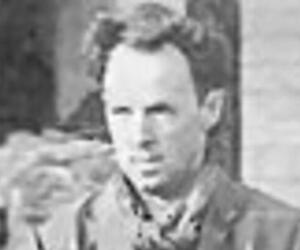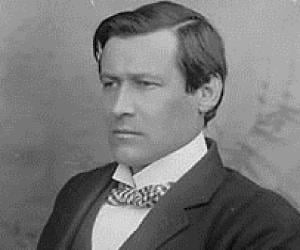1
Bertrand Russell
(Philosopher)
Birthdate: May 18, 1872
Sun Sign: Taurus
Birthplace: Trellech, Monmouthshire, Wales
Died: February 2, 1970
Bertrand Russell was a renowned English mathematician, logician, philosopher, and public intellectual. He made significant contributions to mathematics, logic, set theory, and analytic philosophy. Russell played a key role in the development of analytic philosophy and was a leading figure in the early 20th-century logical community. Along with influential works such as Principia Mathematica, he advocated for pacifism, anti-imperialism, and humanitarian ideals. Russell's diverse and impactful writings earned him numerous prestigious awards, including the Nobel Prize in Literature.
